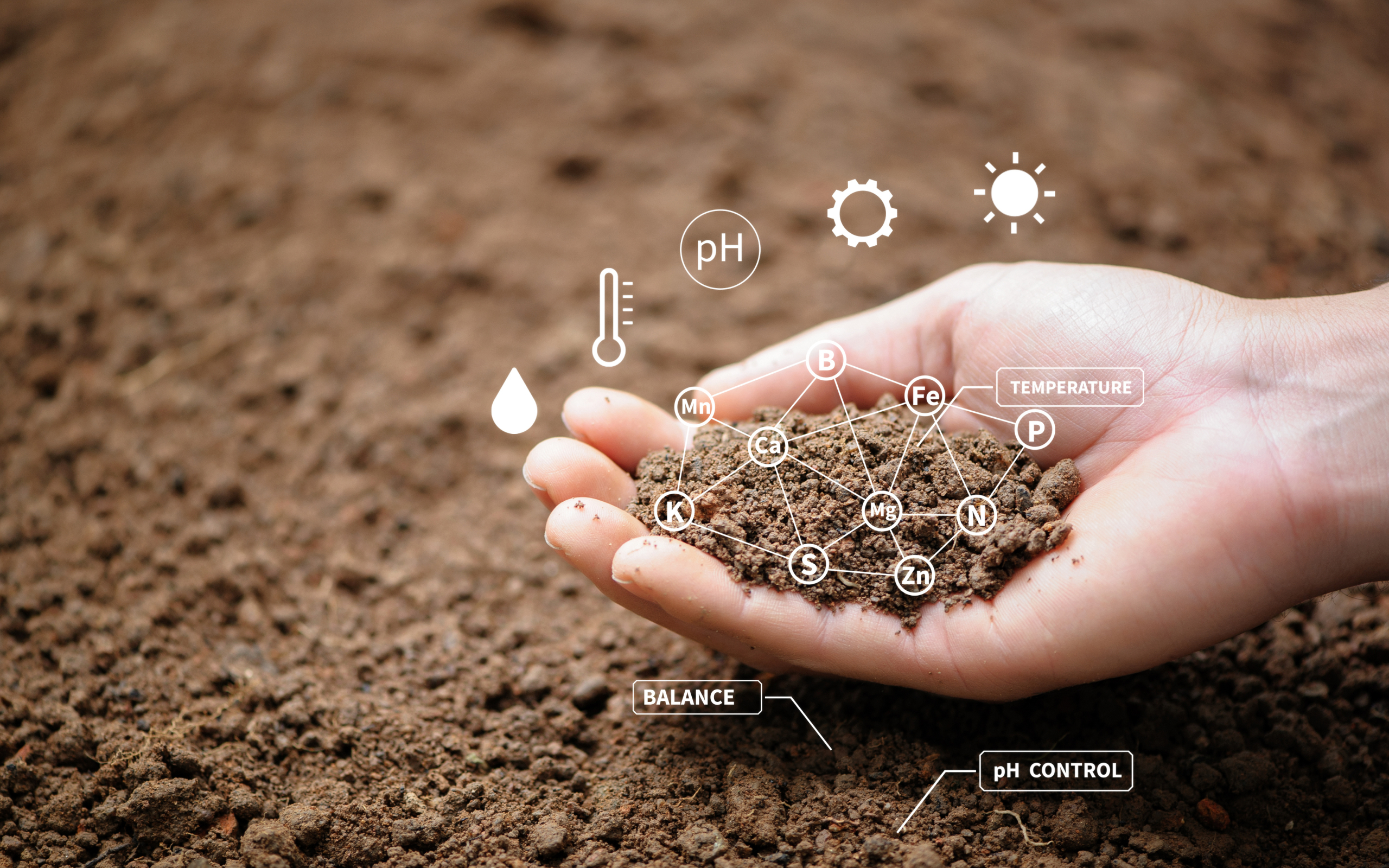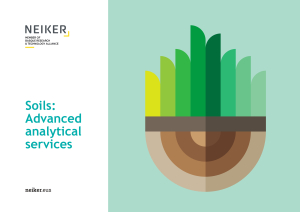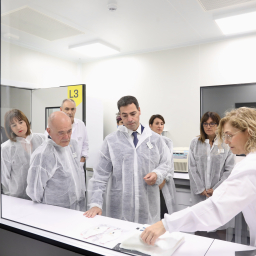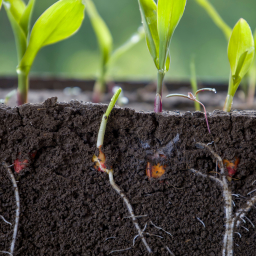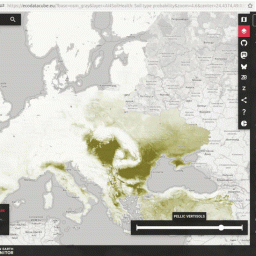NEW
A laboratory to understand soil health
10 April 2025- At NEIKER, within our Natural Resources Conservation Laboratory, we offer a soil microbial parameter analysis service that allows us to quantify the biomass, activity and microbial biodiversity of the soil.
Soil health has a direct influence on agricultural production, as it conditions crop growth and the availability of essential nutrients for crop development.Until now, the most common analyses have measured physico-chemical properties of the soil, such as texture or the amount of organic matter, which provide information on soil composition. However, these analyses do not provide information on the biological activity of the soil, nor on the role of micro-organisms in soil fertility and nutrient recycling.
To address this need, since 2020 NEIKER has had a soil biological analysis service within our Natural Resources Conservation Laboratory (NRC). This service allows farmers and technical staff, as well as interested entities, to know in detail the activity, biomass and microbial biodiversity of the soil.
Biological analysis provides a more complete picture of the soil and, in particular, of how microorganisms interact with organic matter and transform it into nutrients usable by crops. In this sense, one of the parameters evaluated in the laboratory is soil respiration, which measures the amount of carbon dioxide (CO₂) released by microorganisms when decomposing organic matter.
‘This process is similar to the respiration of living beings: as microorganisms consume oxygen and generate CO₂, their activity increases, reflecting the intensity of biological processes in the soil and their role in the decomposition of organic matter,’ explains Arrate Lacalle, head of the Natural Resources Conservation Laboratory.
Different soil enzymatic activities, key in the transformation of organic matter into inorganic nutrients usable by crops, are also analysed in order to obtain data on the soil’s capacity to release nutrients naturally.
Benefits
One of the main benefits of this service is that the interpretation of these results contributes to research on mitigating the effects of climate change. Through different studies, it is possible to determine how many micro-organisms are active in the soil and how they influence its fertility and stability.
According to Arrate Lacalle, ‘a soil with a diverse and active microbiota can favour the decomposition of organic matter, which not only releases essential nutrients for plants, but can also contribute to carbon capture and storage, helping to reduce the concentration of CO₂ in the atmosphere and mitigating the effects of climate change’.
In addition, these analyses allow the optimisation of fertiliser use. By assessing potentially mineralisable nitrogen, information is obtained on the amount of organic nitrogen that micro-organisms can transform into inorganic forms that plants can absorb. This information is essential for adjusting fertilisation practices, avoiding overuse of products and reducing the environmental impact of agriculture.
Access to the service
Currently, each year our laboratory processes around 5,000 soil samples and performs approximately 40,000 parameters. With this initiative, NEIKER provides the agricultural sector with biological tools to assess soil health.
Through NEIKER’s Natural Resources Conservation Laboratory, professionals in the sector can access useful information to optimise the use of fertilisers, improve sustainability and manage the soil more efficiently.



